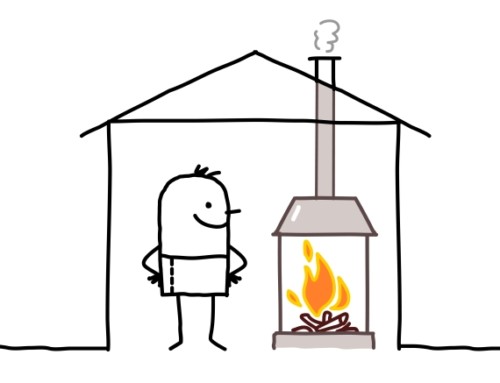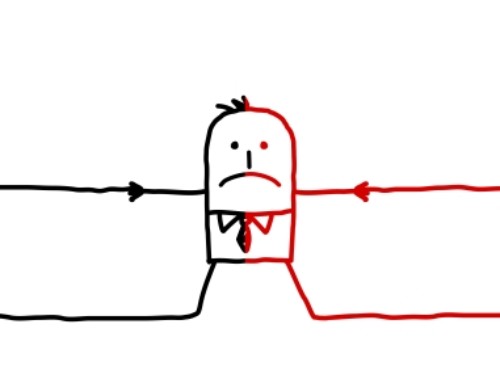In this article, I discuss the importance of how you and your partner raise issues and respond to issues when they are raised.
One of the most common goals with which clients seek my help in couples counselling is to discuss their issues more constructively. In turn, one of the most valuable skills to help achieve this goal is to go beyond thinking only about what you want to say to each other by adding skills which focus on how and when you are choosing to communicate your points.
This involves thinking about not just the content of communication but also about the process of communication—skills you can use to be more effective in getting your points across clearly and in a way which is most likely to lead to a receptive response from your partner. In this article, I will examine one element of the process of communication—how you and your partner communicate your points during discussions of issues.
The importance of how you raise issues with your partner
One process skill which leads to more constructive communication is paying attention to how you bring up your points to your partner. Focusing on the process of delivering your points constructively centers on bringing up concerns in the form of what relationship expert Dr. John Gottman refers to as ‘complaints’ rather than ‘criticisms’. That is, you raise issues by focusing on the behaviours you would like your partner to act on or change rather than pointing to negative traits about your partner. For example, a complaint would entail reminding your partner to take out the garbage while a criticism would involve your referring to them as lazy, forgetful or uncaring for failing to do so.
Raising issues as complaints makes it more likely your valid concerns will be heard and acted upon by your partner. Delivering your concerns in the form of criticisms makes it more likely your partner will ‘tune out’ your valid concerns because your partner will naturally be focusing on the nonconstructive manner in which you delivered them. Your partner is therefore less likely to respond constructively to your concerns and more likely to react in a defensive manner by not taking any responsibility and possibly by directing a counter-criticism at you.
The importance of how you respond to your partner when they raise issues with you
How you respond to your partner when they raise concerns is another process skill which makes a big difference in whether your discussions are likely to be constructive. Responding in a manner in which you listen attentively, acknowledge valid points your partner makes, take responsibility by addressing the concerns they raise and offer compromises are response processes which are likely to lead to constructive discussions.
If instead you respond defensively by not listening attentively, failing to acknowledge any valid points your partner makes, making no attempt to take responsibility by addressing their concerns, offering no compromises and criticizing them then your process of responding will likely lead to gridlock and negativity during discussions.
How to communicate constructively: Raise issues without criticism and respond without defensiveness
So if you want to have constructive discussions of issues in your relationship, pay attention to how you discuss your issues by raising concerns using complaints rather than criticisms and by responding to each other’s concerns by accepting responsibility rather than becoming defensive. I help clients I work with learn these skills in relationship counselling and marriage counselling in my practice as a Calgary psychologist and a Cochrane psychologist.
In my next article, I will discuss a second way that you can focus on process to make your relationship discussions more constructive—choosing the right time to have discussions about issues.
May you and your relationship partner focus on how you communicate during your discussions of issues,
-Dr. Pat







Leave A Comment